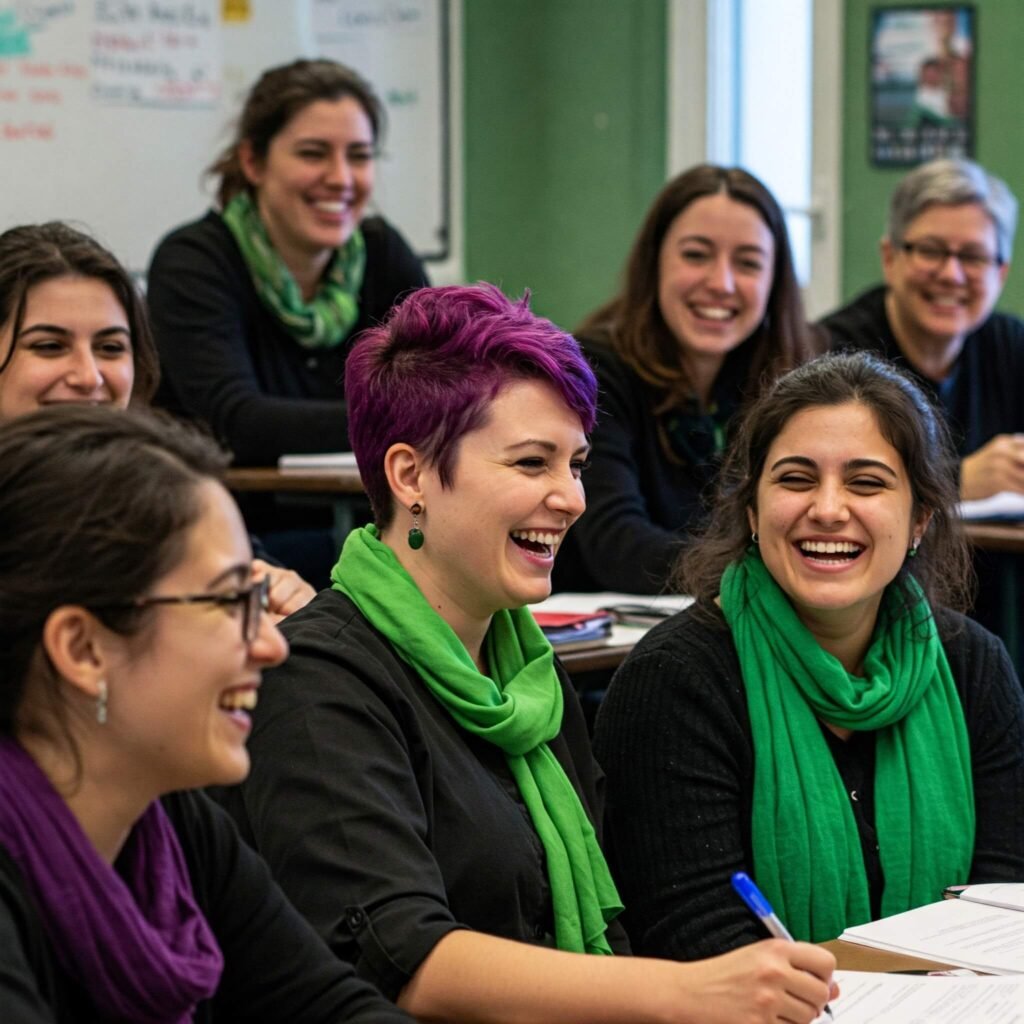In recent years, more women over 30 are choosing higher education, driven by personal growth, career advancement, and financial independence. This trend reflects a shift in priorities, with women embracing lifelong learning to redefine their futures. Whether it’s pursuing a degree, certification, or advanced training, women are seizing opportunities to expand their skills and open new doors. This blog explores the reasons behind this movement, backed by insights, real-world examples, and actionable takeaways
The Rise of Women Choosing Higher Education After 30
The number of women enrolling in higher education after 30 is growing. According to the National Center for Education Statistics, women make up a significant portion of non-traditional students, with many returning to school later in life. This surge is fueled by evolving societal norms, flexible learning options, and a desire for empowerment.
Women are no longer confined to traditional timelines for education. Online programs, part-time degrees, and community colleges have made higher education accessible. For instance, Sarah, a 34-year-old single mother, enrolled in an online business degree to transition from retail to marketing. Her story reflects a broader trend of women prioritizing education to achieve their goals.

Why Women Over 30 Are Returning to Education
Personal Growth and Fulfillment
For many women, higher education after 30 is about self-discovery. After years of focusing on family or early careers, they seek to pursue passions or explore new interests. Education becomes a pathway to rediscover their potential.
- Example: Lisa, 38, left a corporate job to study environmental science, driven by her passion for sustainability. Her degree empowered her to launch a green consulting business.
Career Advancement and Change
Women choosing higher education after 30 often aim to climb the career ladder or pivot to new fields. Advanced degrees or certifications can unlock promotions or higher-paying roles. The U.S. Bureau of Labor Statistics notes that workers with bachelor’s degrees earn significantly more than those without.
- Takeaway: Research in-demand fields like healthcare, tech, or education to align your studies with market needs.
Financial Independence
Education is a tool for financial empowerment. Women over 30, especially single mothers or those navigating career gaps, see higher education as a way to secure stable, well-paying jobs.
- Stat: Women with a bachelor’s degree earn 74% more than those with only a high school diploma, per Georgetown University’s Center on Education and the Workforce.

Benefits of Higher Education for Women Over 30
Flexibility of Modern Learning
Online and hybrid programs cater to busy schedules, allowing women to balance education with work or family. Institutions like Coursera and edX offer affordable, flexible courses.
- Tip: Explore micro-credentials or short courses to gain skills without committing to a full degree.
Building Confidence and Networks
Higher education fosters confidence and connects women with peers, mentors, and industry professionals. These networks can lead to job opportunities and lifelong support.
- Example: Maria, 42, joined a women’s leadership program and landed a managerial role through a connection made in class.
Long-Term Career Security
Degrees and certifications provide a competitive edge in a rapidly changing job market. Women over 30 investing in education are better positioned for long-term stability.

Challenges and How to Overcome Them
Time and Financial Constraints
Balancing education with responsibilities can be daunting. Scholarships, grants, and employer-sponsored programs can ease financial burdens. Platforms like Fastweb list funding options for adult learners.
- Actionable Tip: Create a weekly schedule to manage study time effectively.
Self-Doubt and Impostor Syndrome
Many women over 30 feel intimidated returning to school. Joining study groups or seeking mentorship can boost confidence.
- Takeaway: Remind yourself that your life experience is an asset in the classroom.
Navigating Technology
Online learning requires tech skills. Most institutions offer tutorials, and free resources like Khan Academy can help.
How to Start Your Higher Education Journey After 30
- Identify Your Goals: Decide whether you want a degree, certification, or specific skills.
- Research Programs: Look for accredited, flexible options that fit your schedule.
- Explore Funding: Apply for scholarships or check if your employer offers tuition reimbursement.
- Connect with Others: Join online forums or campus groups for support.
- Stay Committed: Set small, achievable milestones to maintain motivation.
Why Now Is the Perfect Time
Women choosing higher education after 30 are part of a powerful movement. With accessible programs, supportive communities, and a job market valuing skills, there’s never been a better time to invest in yourself. Whether you’re chasing a dream, a promotion, or financial freedom, education is a stepping stone to a brighter future.





